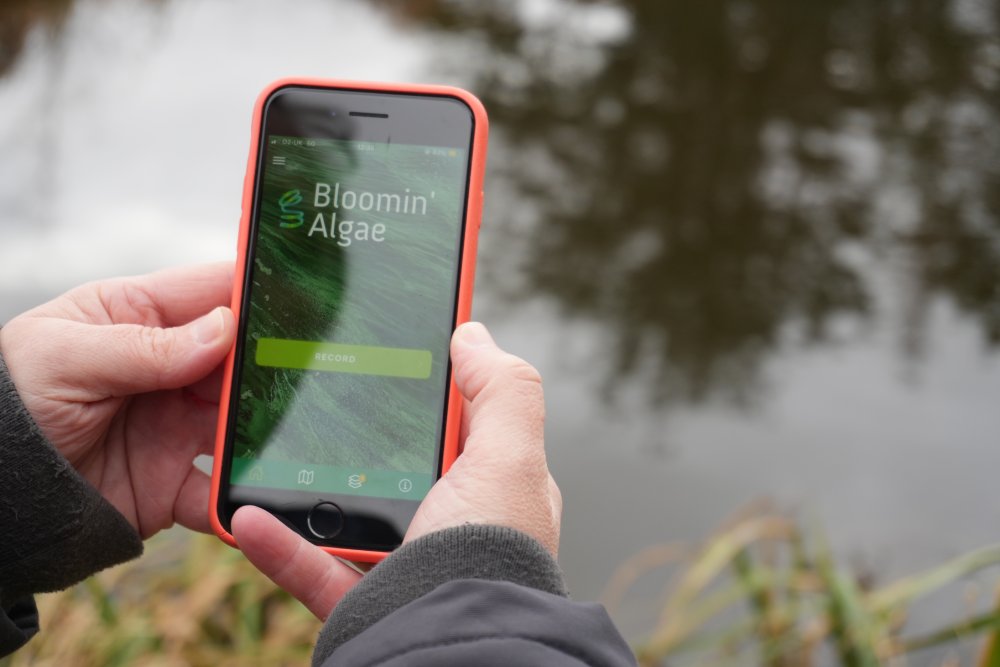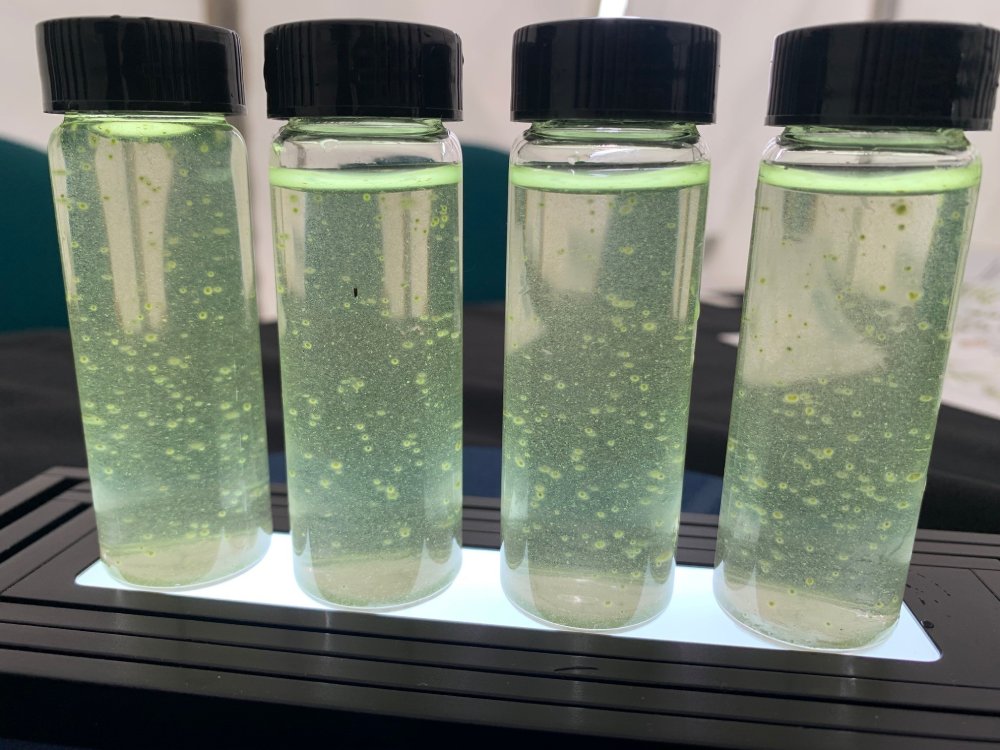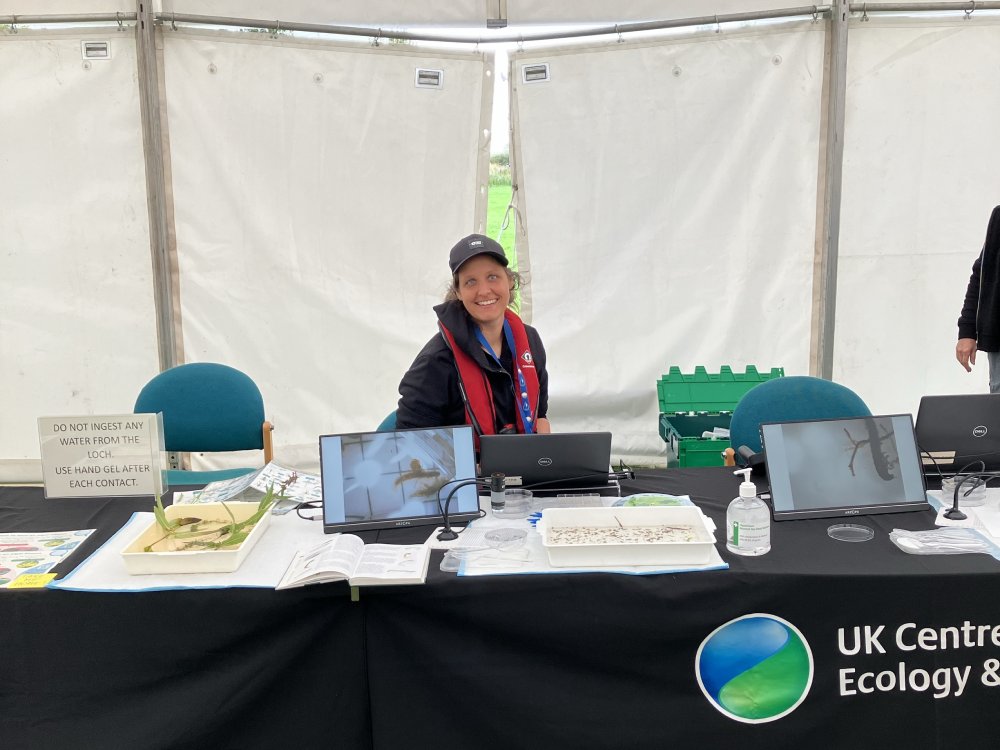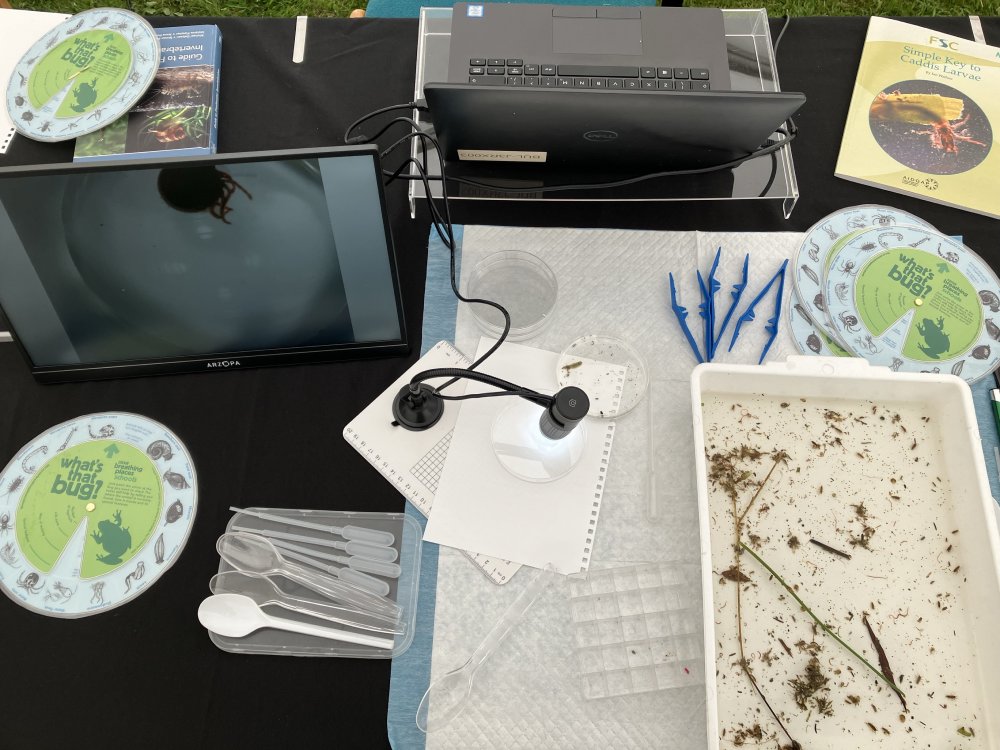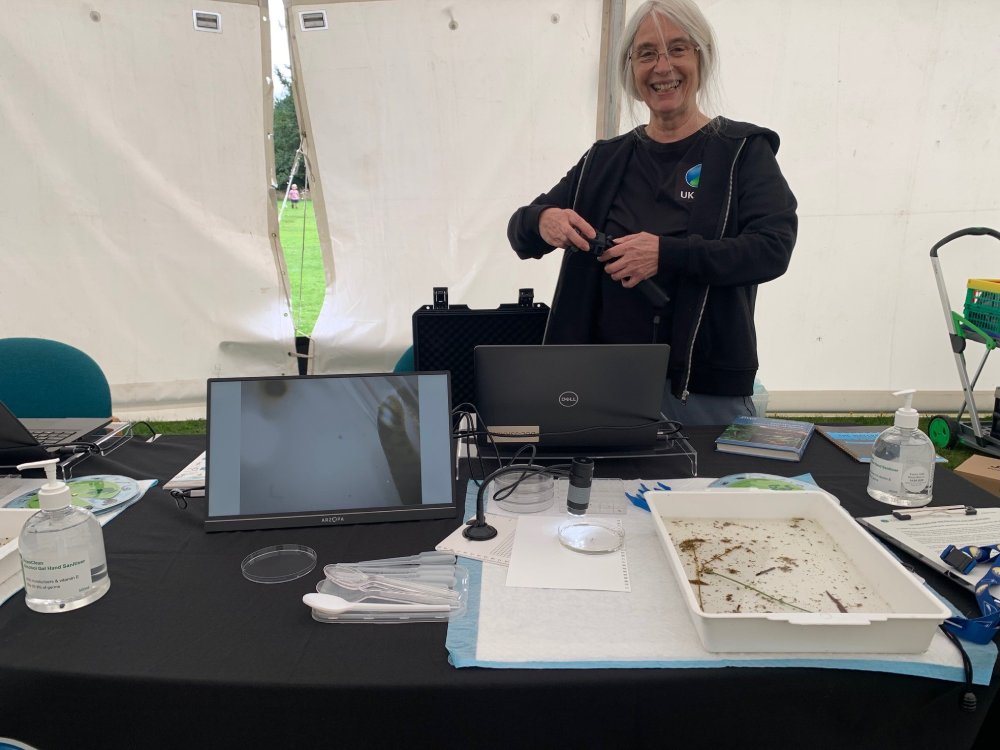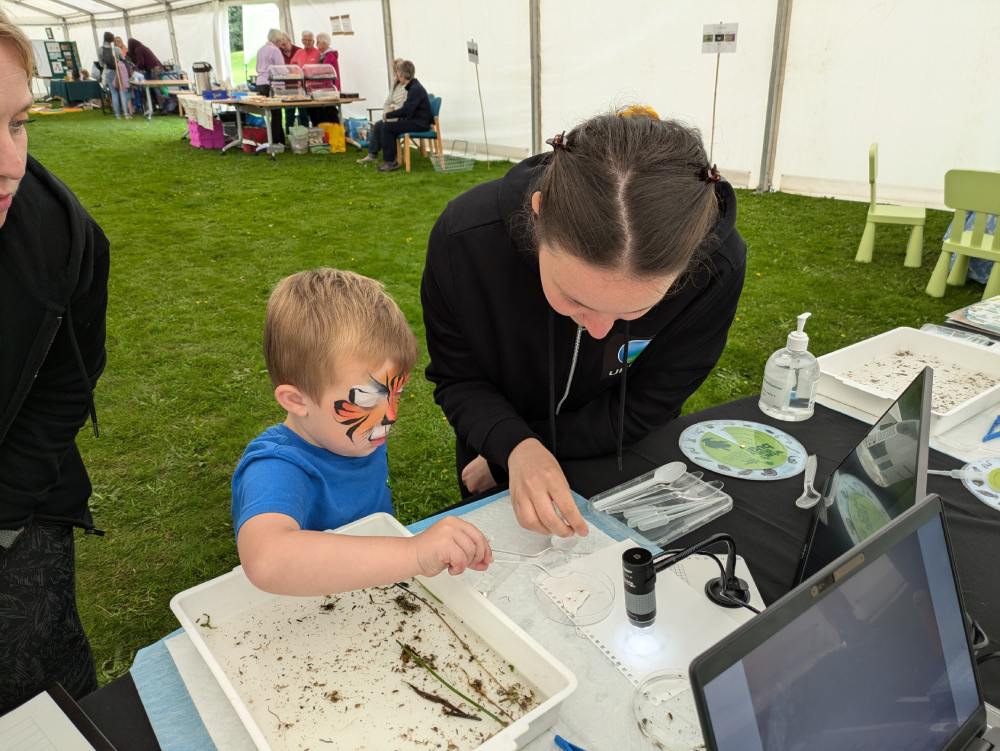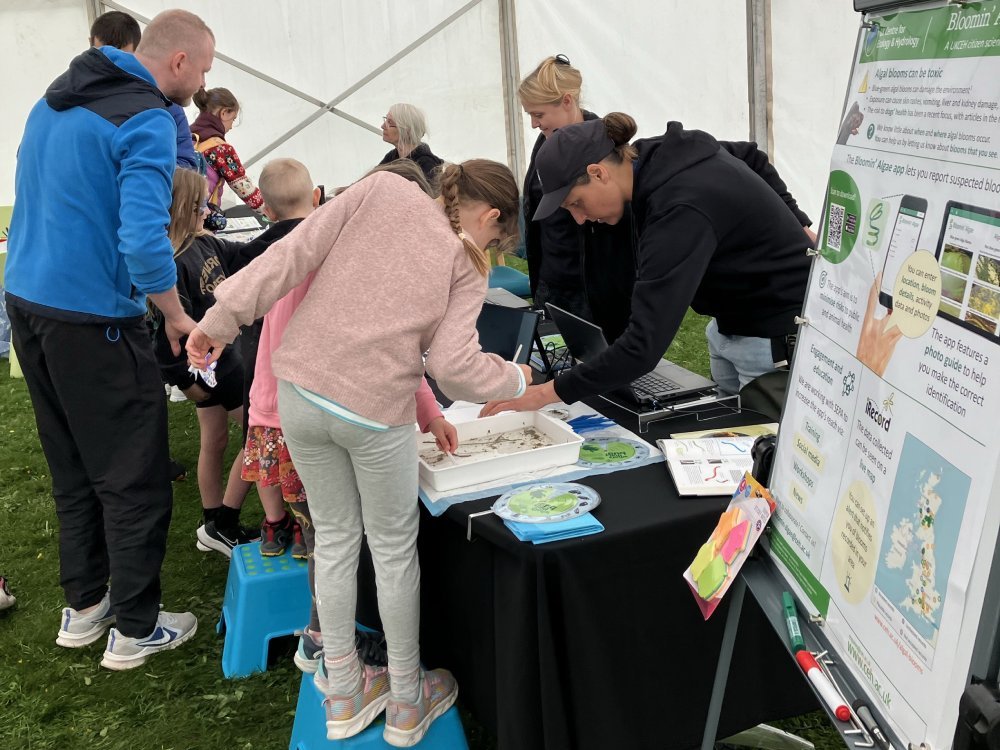Latest news
New in 2025
Loch Leven Matters event 11th – 13th June.
Our Loch Leven Matters event was held 11th – 13th June at venues around Loch Leven; please see the report posted on our Loch Leven Matters page. Thank you to everyone who helped with, or attended, these events!
Check out the new and improved Bloomin' Algae app!
Have you used our Bloomin' Algae app yet? If you're a regular visitor to lakes/lochs or rivers, this app could be a handy tool that you can keep in your pocket. Algal blooms can cause severe illness in humans and animals. So whether you're a paddleboarder, dog walker, wild swimmer, or simply someone who enjoys our aquatic spaces — the Bloomin' Algae app could help keep you safe. The app is available to download on any Android or iOS smartphone or tablet. Confirmed blooms are displayed on an interactive map so users can easily see where and when a bloom has been reported. Not sure what an algal bloom looks like? Don't worry, there's also some guidelines and an image reference library on the app to help you decide whether it's a bloom or just some floating plants. Even if you're unsure, our algal experts can make that decision for you before they add it to the map and alert others.
Loch Leven Discovery Day, 2025
On Saturday 14th June 2025, UKCEH took part in the annual Loch Leven Discovery Day event, run by NatureScot. It's a fun-filled, yet informative family day out that brings together science and nature with members of the public. Loch Leven was designated as a National Nature Reserve (NNR) in 1964 when it was realised that it was home to a huge number of wild birds. You can often see breathtaking displays from tens of thousands of wintering wildfowl, and in summer there are regular reports of ospreys hunting for the many fish species that inhabit the loch. The Loch Leven brown trout are famed for their particularly tasty flavour throughout the world.
Loch Leven is also a hotspot for water sports and dogwalkers, but the loch can be very susceptible to toxic algal blooms in the warmer months, which can affect the health of humans and pets alike. This year, UKCEH brought knowledge and technology together to share information with the local community on potentially toxic algal blooms, as well as the bugs, beasties and plants that live in and around the loch. We used two portable microscopes to magnify all of the weird and wonderful creatures and algae that are found in the loch.
If you missed us this year, don't worry; we'll be back again next year!
Algal torch data (2025)
Throughout the year, Loch Leven Fisheries and UKCEH collect algal data at weekly intervals using an 'algal torch'. This provides rapid feedback on water quality and early warning of harmful algal blooms of cyanobacteria (blue-green algae) developing. The data collected for 2025, so far, are shown below; these will be updated regularly.
